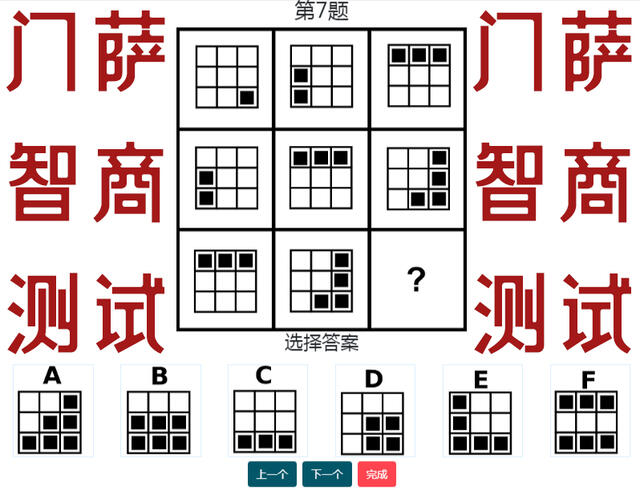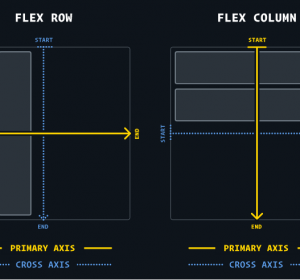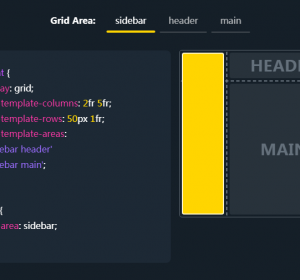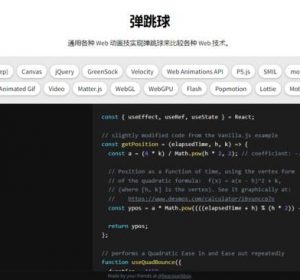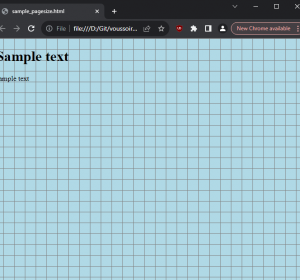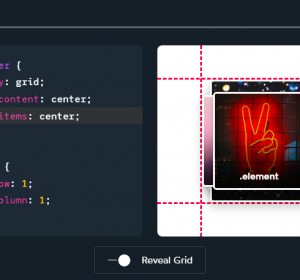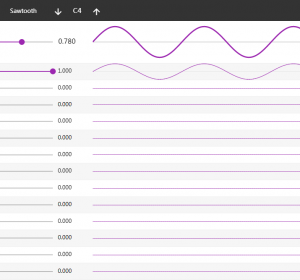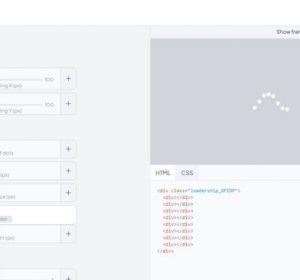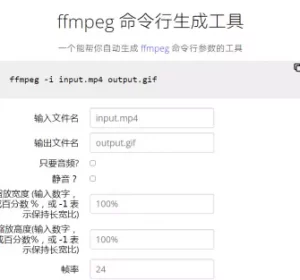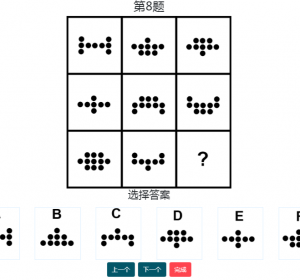Promise异步编程模式总结
Promise是JavaScript中的一种异步编程范式, 一个Promise对象表示一个即将完成但还未完成的操作。 鉴于JavaScript中异步和回调的编程风格, Promise模式可以有效地避免『Callback Hell』。
Promise 最初有q和bluebird等实现,在ES2015(ES6)提出后Promise已经进入标准,Node.js已经开始支持ES6的很多特性,包括Promise。
初始化
传入一个回调函数即可初始化一个Promise对象padmin:
var padmin = new Promise(function(resolve, reject){
user.find({role: 'admin'}, function(err, admins){
if(err) reject(err);
else resolve(admins);
});
});
除此之外,ES6还给出4种常用的初始化方式,下列方法均返回一个Promise对象:
| 方法 | 说明 |
|---|---|
Promise.all(iterable) |
当iterable(比如数组)中所有Promise都resolve时,该Promise resolve;iterable中任何一个被reject,则该Promise被reject |
Promise.race(iterable) |
当iterable中任意一个Promise被resolve或reject,该Promise都会相应地结束 |
Promise.reject(err) |
直接返回一个被reject的Promise对象 |
Promise.reject(value) |
直接返回一个被resolve的Promise对象 |
Promise对象
Promise对象padmin拥有两个主要方法:
| 方法 | 说明 |
|---|---|
Promise.prototype.catch(onRejected) |
当一个Promise被reject时调用onRejected |
Promise.prototype.then(onFulfilled, onRejected) |
当一个Promise被resolve时调用onFulfilled,被reject时调用onRejected |
上述两个方法均返回一个Promise,这意味着.then和.catch可以链式书写。例如:
padmin
.then(function(admins){
doSthWith(admins);
})
.catch(function(err){
console.error(err);
});
统一错误处理
在任何一个then()回调中抛出的错误都会被后面的catch()所截获,以此可以做统一的错误处理:
padmin
.then(function(admins){
if(admins === null) throw new Error('query admin error');
return admins.length;
})
.then(function(length){
if(length === 0) throw new Error('empty admin list');
console.log(length + ' admins in total.');
})
.catch(function(err){
console.error(err);
});
Promisify
Node.js的内置库以及大量的NPM工具都采用『Error-First Callback』风格,例如:
fs.readFile('foo.txt', function(err, content){
if(err) console.error(err);
else console.log(content);
});
在Promise风格的代码中,通常会需要readFile返回一个Promise对象,于是常常会这样包装该API:
var readFileAsync = function(path){
return new Promise(function(resolve, reject){
fs.readFile(path, function(err, content){
if(err) reject(err);
else resolve(content);
});
});
}
readFileAsync('foo.txt')
.then(function(content){
console.log(content):
})
.catch(function(err){
console.error(err);
});
然而我们需要包装fs模块下的所有API 🙁 bluebird为此提供了有用的方法promisifyAll():
var fs = require("fs");
// 为fs的所有方法创建一个Promise包装,命名为xxxAsync
Promise.promisifyAll(fs);
fs.readFileAsync("foo.txt").then(...).catch(...);
当然也可以只包装一个函数:
var readFile = Promise.promisify(require("fs").readFile);
readFile("foo.txt").then(...).catch(...);
fromCallback
现在我们有了.promisify来把一个『Error-First Callback』风格的API包装为Promise风格。 在某些特定情形下,可能每次使用都需要先进行promisify,比如使用后即被销毁的临时对象。 例如从HTTP请求构造的req对象每次请求都是新的:
function(req, res, next){
User.find({name: req.body.name})
.then(function(user) {
var login = Promise.promisify(req.login);
return login.call(req, user);
})
.catch(next);
}
这时可以用Promise.fromCallback方法,直接由『Error-First Callback』调用生成Promise对象,而不需要生成Promise风格的方法。
function(req, res, next){
User.find({name: req.body.name})
.then(function(user) {
return BPromise.fromCallback(cb => req.login(user, cb));
})
.catch(next);
}
Mongoose Promisify
mongoose是MongoDB在JavaScript下的适配器(类似ORM),提供了模型验证、数据转换、业务逻辑钩子、查询钩子等对象建模工具。 mongoose有些API(如.exec())会返回内置的Promise,我们可以用一个更强的Promise来替代它:
var BPromise = require('bluebird');
mongoose.Promise = BPromise;
除exec(), execPopulate()系列函数外,mongoose多数API都是回调风格的,通常需要用Bluebird将其Promisify。 这些Mongoose API主要包括下列三类:
Model. Eg:User.findAsync(),User.findByIdAsync(),User.removeAsync(),User.updateAsync()Model.prototype. Eg:user.saveAsync(),user.removeAsync()Query.prototype. Eg:User.find().sortAsync(),User.find().populateAsync()
BPromise.promisifyAll(mongoose.Model);
BPromise.promisifyAll(mongoose.Model.prototype);
BPromise.promisifyAll(mongoose.Query.prototype);
这些Promise化的代码最好在代码载入时执行,但不要早于mongoose插件。否则这些插件就不会被Promise化了。
Promise化之后的mongoose用起来是这样的:
var UserSchema = mongoose.Schema({
name: String,
phone: String
});
var User = mongoose.model('User', UserSchema);
User.findAsync()
.then(users => console.log(users));
.catch(e => console.error(e));
某些mongoose插件可能需要在Promisify脚本之后执行较为方便。这时我们需要将受影响的模型再次Promise化:
var UserSchema = mongoose.Schema({...});
UserSchema.plugin(require('passport-local-mongoose'), {
usernameField: 'phone'
});
var User = mongoose.model('User', UserSchema);
BPromise.promisifyAll(User);



